Think about what will really be important for children to learn in a scenario such as this. The “three R’s” of “Reading, wRiting and aRithmetic” will always be essential, as well as a fourth “R”–Religion. But also consider whether there are other things which might become more or less important.
When collecting your resources, start with the level(s) your children are at now; but don’t forget that they will grow and you will need higher levels of material for future teaching, too. Get to know other homeschooling families near you, so that you can share educational resources when needed. Most importantly, just start collecting good books. Build a library in your own home; and if you need to, join with a few other nearby families to collect the books you plan to use in the next few years.
Remember that neighbors, fellow parishioners, and relatives have skills that could benefit your children by learning from them, as well as fomenting those important relationships that build community.
General Supplies
- Paper (lined, unlined, 3-hole punched, sketching, art, construction, etc.)
- 1st Grade and 3rd Grade paper for learning printing and then penmanship
- Pencils, pens, pencil sharpeners
- Highlighters
- Whiteboard (magnetic ones are handy), window markers, dry erase markers and erasers
- Chalkboard, chalk and erasers
- Big rolls of paper
- Watercolor paints, tempera paints, paintbrushes, thicker paper
- Scissors, markers
- Tape, glue, sticky tack
- Post-It notes are great for bookmarks
- Notecards
- Paper cutter
- Folders, notebooks, page protectors, binders
- Crayons, especially for grades K thru 3rd
- Rulers (transparent ones are nice), yard stick
- Glue gun and glue gun sticks
- Page protectors, copy paper, tab dividers (the ones you can write on and reuse are great!), and binders of different sizes, zippered binders are handy, if you’d like to have a curriculum binder for each child.
- Foam core board is excellent for making reusable boards for various subjects (get them at a dollar store)
- Sharpies in different ink widths: fine point, wide point etc. are very useful
- Fun stickers for motivation on work done well, especially for K thru 3 grades
- Plastic crates, banker boxes, and/or bookshelves to organize and store different subjects, grade levels, school supplies, etc.
- Seasonal decorations. Decorate your area, (dining room, study room) to anticipate the beautiful seasons and holidays we celebrate. Kids love this and can contribute! (boxes to store seasonal decorations, LOL)
- Scented candles in seasonal scents. When the days are dark and dreary it’s lovely to light these
Language Arts and Literature
- Phonics flashcards or games
- A phonics program (e.g. All About Learning, Abeka’s A Handbook for Reading, or CHC’s Little Stories for Little Folks)
- Sand or rice on a tray, for a little one to “write” in with a finger or object; teaches them the motions without committing them to paper
- All About Learning has alphabet and phoneme letters with magnets that are helpful for young kids, those with reading difficulties, and when teaching spelling rules.
- Penmanship book or sample pages: e.g. Getty-Dubay Italic desk strips, Handwriting Without Tears (for students who hate writing or are perfectionists), or Callirobics (also for those who don’t enjoy penmanship)
- A grammar handbook for older students, e.g. Elements of Style or Easy Grammar Plus
- Children’s poetry, such as Robert Louis Stevenson, Christine Rossetti
- Classics (and newer books that are worthwhile) from all genres and for all reading levels
- The Holy Bible, Douay-Rheims translation
- Books of poetry such as America’s Best-Loved Poems
- Hooked on Phonics, especially older versions that use cassette tapes (need a fisher price cassette player)
- The Latin Road to English Grammar Volumes One, Two and Three: an excellent way to teach your kids both a foreign language and English grammar. I can’t say enough good about this resource designed for a Mom to do with kids, not hard, just must put in consistent time: Latin Road Volume 1 >
- Narnia Series (also on audio books)
- Lord of the Rings, Hobbit, (also on audio books)
- Screwtape Letters (also on audio books)
- Laura Ingalls Wilder Little House series (Little House in the Great Woods, etc, also on audio, delightful for children)
- Catholic National Reader (Primer for K) Series is lovely, very old, for both reading, reading comprehension questions and spelling word lists for grade school. Also it is a great peek into the 18th and 19th century culture, solid morality, etc. (Kolbe has these)
Math
- Measuring tools: for example, set of measuring cups and spoons, rulers, tape measure, measuring tape (sewing), some kind of scale, protractor, compass (these are also useful for science)
- Blocks, such as unifix cubes (You can’t have enough blocks! Wooden blocks, the big cardboard fake brick ones, legos, etc. Kids of all ages will play with these endlessly, useful in many subjects and imaginative play!!!)
- Calculator, batteries (or a solar calculator)
- Dominoes for counting/math games
- Flashcards or materials to make your own
- Play money
- Graph paper, different sizes
- Analog clock
- Playing cards, other card games (Uno, Set, etc.), logic games (e.g. Mastermind, chess)
- Math book appropriate for each child’s level (and above, if you can; or share with other families)
- Those wooden bead roller coasters toys make great abacuses for when kids have to do basic addition and subtraction problems. It’s a fun way to add and subtract when learning math facts
- Clock toy to teach time like this one: Mini Clock >
Science
- A book on chemistry in the kitchen
- Plant, tree, animal, insect and mushroom ID guides for your area
- Anatomy, Astronomy, Biology, Chemistry, Physics books for the ages of your children
- A book on how to conduct experiments and for the olders, how to write up a lab with question, hypothesis, methods, data, analysis and conclusion
- Find some good biographies of scientists, especially those with details about their faith as well as their discoveries and inventions
- Garden seeds and tools
- Engineering books with project ideas that could be done around the house or property
- Harcourt Science books (frog, parrot, lion for grade school science)
Geography/Map Skills
- Atlas
- Globe
- Wall maps, road maps
- Compass
History and Civics
- Declaration of Independence and the Constitution of the United States
- Print out: The 1776 Report >
- A set of history books covering the standard historical periods: Ancient Greece and Rome, Rise of Christianity, Medieval Europe, Modern Times
- The Federalist Papers
Religion
- The Holy Bible, multiple copies (one for each member of the family, if possible)
- Baltimore catechism in various levels
- Holy cards and old Christmas cards to use for making prayer books and other projects
- Lined paper with blank space for pictures on top for copying/illustrating Bible stories, prayers, etc.
- Children’s illustrated Bible or other age-appropriate Bible and books of Bible stories, saints, and prayers, such as the St Joseph picture book series, Catholic Children’s Treasure Box series
- Blessed votive candles for prayer time
- Lives of the Saints
- Blessed and exorcized Holy Water
- Blessed and exorcized salt
- I really liked “Faith and Life Series” Kolbe uses
- Catechism of The Catholic Church
- Rosaries
- Scapulars
- Catholic Coloring books (Seton has these)
- Music (Gregorian chants, kid’s bible songs, etc) Hug Me Jesus CD > and Bedtime Prayers: Lullabies & Peaceful Worship >
Reference Books
- Old set of encyclopedias
- Dictionary, thesaurus
- Curriculum planning books, such as
– Designing Your Own Classical Curriculum (Berquist)
– The Well-Educated Mind (Bauer)
– What Your ____ Grader Should Know (Hirsch)
– The Lost Tools of Learning (Sayer)
– Ignatian Education in the Home (Kolbe Academy)
– Better Late than Early, Raymond S Moore and Dorothy N. Moore
- Homesteading books: gardening, animal-keeping, food preservation, woodworking, sewing, crocheting/knitting, building structures, etc.
- Elementary Diagramming Worktext, by Mary Daly, revised 2006 is excellent for explaining English grammar/diagramming sentences
- Socratic Logic by Peter Kreeft
One-Stop Shopping for Books
- Seton Home Study School has an excellent bookstore that lists books by grade level: Seton Books >
- Compare prices for used books at thriftbooks.com, alibris.com, homeschoolclassifieds.com, abebooks.com, and Amazon
- Kolbe Academy Homeschool also has a bookstore listed by grade level. They offer books for a classical education: Kolby Academy >
Miscellaneous
- Sewing machine As beginners we all love this one by Brother >
- Ukuleles can be affordable, easier to learn for music
- A guitar plus a few sets of extra strings, and a basic how-to-play book
- Knitting and/or crochet needles and yarn (and instruction books and pattern books, as mentioned above)
- Dress up costumes for boys and girls. This is one of the nicest I’ve found: Little Dress Up Shop >
- Ed Emberley’s drawing books are fun (these make great Christmas presents): Drawing Books >
- Art curriculum: Artistic Pursuits also makes great Christmas presents, as you need supplies in a bag to go with book): Artistic Pursuits >


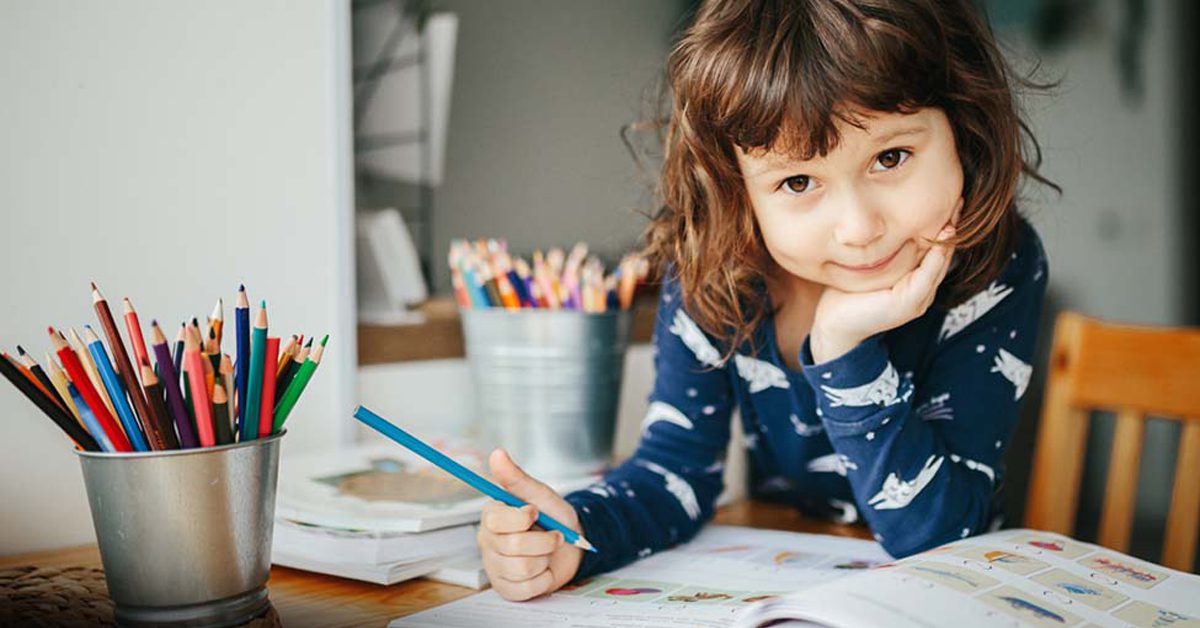



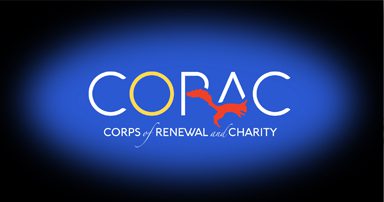
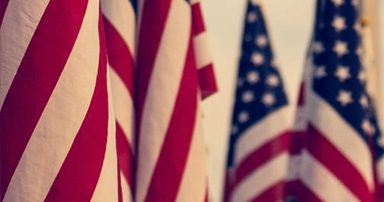
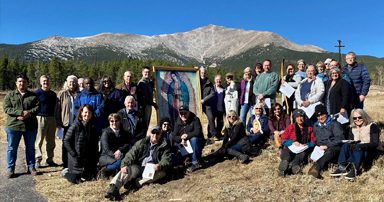
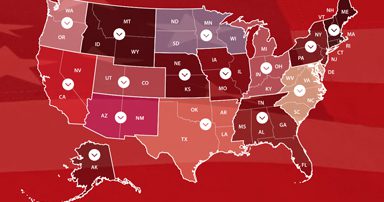

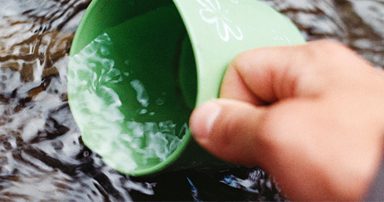
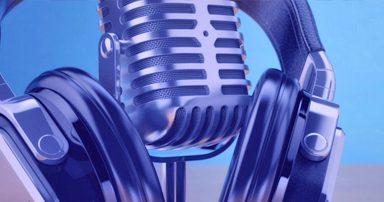

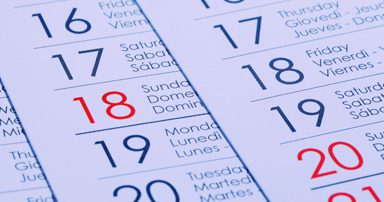

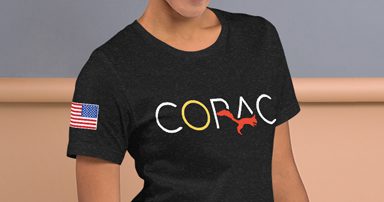

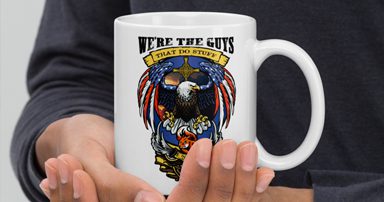
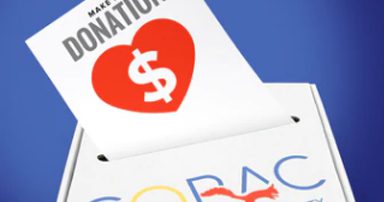

0 Comments